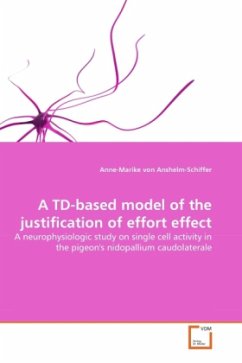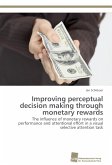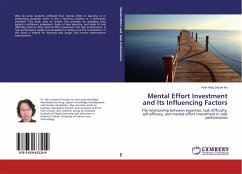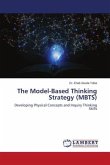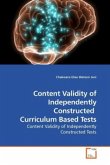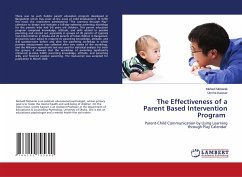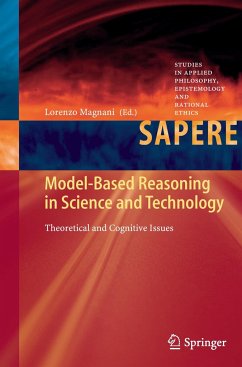The temporal-difference model has very successfully been implemented to capture midbrain dopaminergic activity in a large number of reward related learning tasks. We tested its applicability as an explanation for the justification of effort effect in pigeons. This effect from the paradigm of cognitive dissonance has formerly been attributed to affective states, but to our knowledge no neurophysiologic explanation has been tested. We were not able to replicate the behavioural effect but found confirming evidence of activity in accordance with the predictions of temporal-difference model in our recordings from the pigeon's nidopallium caudolaterale. The role and possible interactions of neurotransmitter dopamine in learning and preference shaping are both matter of our study. Both are of interest, for instance in research of addiction and disorders of impulse control. There is, however, no agreement on their interdependence or disjunction. The proof of the pudding is in the eating and our study yields yet another incentive for experimental research.
